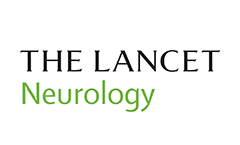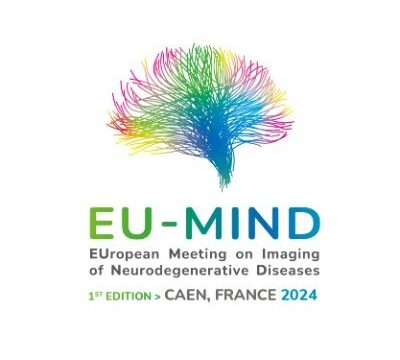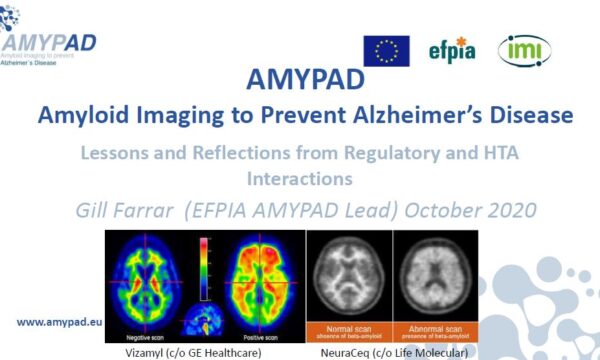It seems the warm temperatures across Europe have been fruitful for the AMYPAD team. Over the past quarter, important advances have been made and the collaboration between partners has certainly strengthened. In this piece, we will tell you about the main achievements of this period and hope that you end up sharing our sense of progress and excitement for the next steps.
After the successful enrolment of the first participant (and 12 others!) in the Diagnostic and Patient Management Study (DPMS) by the University of Geneva, the past quarter has seen another two sites come on board. The team in Amsterdam (VUmc) has received approval by their ethical committee late in May, and has already enrolled 7 participants into the study. Recently, colleagues in Barcelona (BBRC) were also happy to report green light from their review board, and have been working hard on getting everything ready for their first inclusion. In the meantime, other sites are engaging their own ethical committees and review boards to join the group in collecting scans across Europe to understand the value of amyloid PET for diagnostic thinking and patient management. Participating sites have been sharing their learnings, and the team is proud and confident of the timely impact this study will have on the field.
In parallel, a big change of gears has happened in the Prognostic and Natural History Study (PNHS). Over the past quarter, the VUmc team has taken on the role of study sponsor and started to coordinate other sites in their participation into this study. This change came with challenges, but also a number of successes. The first round of ethical reviews of the protocol has happened in Amsterdam, and other 5 sites are expected to submit the study to their review boards before October and initiate the study before the end of the calendar year. In addition, we are happy to report that IQVIA has been chosen to join our efforts as CRO and will help ensure the highest quality of data for this study, as they have done for EPAD in the past years.
While part of the AMYPAD team is fully dedicated to getting the two clinical studies off the ground and onto a successful path, others have made great advances in producing relevant scientific output. PhD students working on WP2 have further optimized both the acquisition protocols and the image quantitation processes that will be used in AMYPAD, effectively ensuring we maximize the validity of the collected data and the impact of the study results. In WP5, students and post-docs have also produced relevant work that supports the use of amyloid PET as more than a classification tool for amyloid status, and move its applicability to earlier stages of the disease spectrum. All of these results have been presented in latest scientific conferences such as NRM and AAIC, and will be developed into scientific articles in the near future.
In the centre of all of these developments one can find the excellent work of our Project Management Office (PMO). Thanks to the PMO, the first Periodic Report of AMYPAD has been submitted and approved by IMI, a great achievement that allows the project to move forward and continue to grow. In addition, as the two clinical studies start, the PMO has developed important practical/financial guidelines to sites that will enable sites to carry out their research activities swiftly. Finally, the location and agenda for the next AMYPAD General Assembly have been announced, and the PMO is working hard so that team members and collaborators can have a productive two-day meeting in Berlin this October.
As we enter a new quarter after a great summer, the team is re-energized and ready to take on the next steps ahead. This is a busy and exciting time for AMYPAD, one for which we have been preparing for a long time. With the opening of new sites recruiting into the DPMS and the much-awaited approval of the PNHS, team work is at the core of a continued success for AMYPAD – and that is why we are certain the next period will be of even greater achievements and growth.



